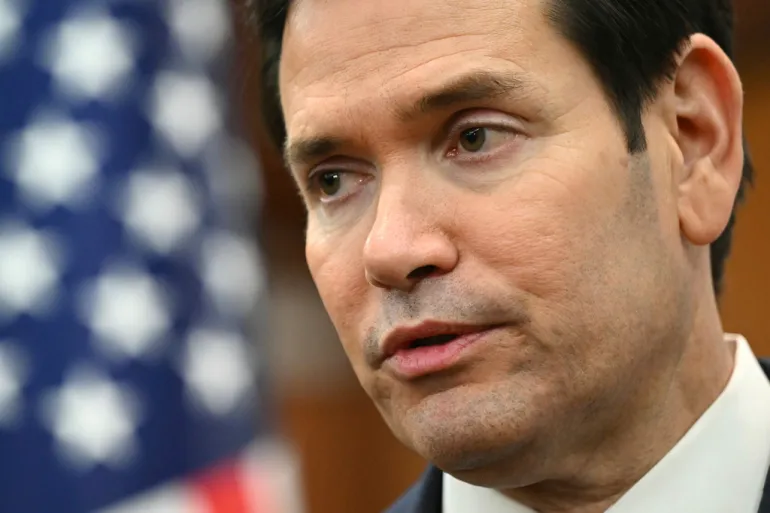As part of a new immigration crackdown, the United States has announced a policy that will require travelers from some countries to pay a visa bond of up to $15,000 before entering the country. The rule targets people applying for short-term business (B-1) and tourist (B-2) visas and aims to reduce the number of visitors who overstay their visas.
The pilot program, set to begin on August 20, will last for one year and starts with travelers from Malawi and Zambia. These countries were chosen because they have higher rates of visa overstays, according to the US State Department.
What is a visa bond?
A visa bond is a refundable payment made by a traveler to guarantee that they will follow the rules of their visa and leave the country on time. If they do, the bond is returned. If they overstay, they lose the money.
The US government has set three levels for the visa bond:
- $5,000
- $10,000
- $15,000
Consular officers will decide how much each traveler must pay based on personal factors like reason for travel, financial background, and risk of overstay. The policy allows for some exceptions, such as humanitarian cases or official travel.
Why is the visa bond being introduced?
The US government says hundreds of thousands of people overstay their visas every year, contributing to the undocumented population. In 2023, out of nearly 39 million visa holders, around 400,000 did not leave the US on time.
To deal with this, the State Department believes that financial pressure might encourage people to follow the rules. If travelers know they could lose thousands of dollars, they may be more likely to return home when their visa expires.
This isn’t the first time the idea has been proposed. A similar visa bond program was introduced in 2020 during Trump’s presidency, but it was not fully implemented due to COVID-19 and travel restrictions.
Who does it affect?
For now, the rule affects citizens of Malawi and Zambia applying for business or tourism visas. However, the list of countries could grow. Nations may be added if they are known for:
- High visa overstay rates
- Weak security screening
- Offering Citizenship by Investment (programs that allow people to buy citizenship)
Some countries offering such programs include Antigua & Barbuda, Austria, Jordan, St. Lucia, and Turkiye.
Who is excluded?
The new policy does not apply to:
- Travelers from Mexico or Canada
- Visitors from over 40 countries in the Visa Waiver Program, who can stay in the US for up to 90 days without a visa
Why is this important?
According to past data, a large percentage of undocumented people in the US arrived legally on visas but didn’t leave when they were supposed to. Studies estimate that about 33% to 42% of undocumented immigrants in the country are visa overstayers.
The US says that keeping track of these overstayers is hard because entry and exit data is limited. With the rise in unauthorized immigration, this visa bond program is seen as one way to tackle the issue, even though it remains controversial.
Critics argue that the policy could be unfair and costly to travelers from poorer countries, and it may damage diplomatic relationships. Others say it treats some nationalities as if they’re guilty before they’ve done anything wrong.
Still, the US government believes it could help reduce visa abuse and enforce immigration laws more strictly.

